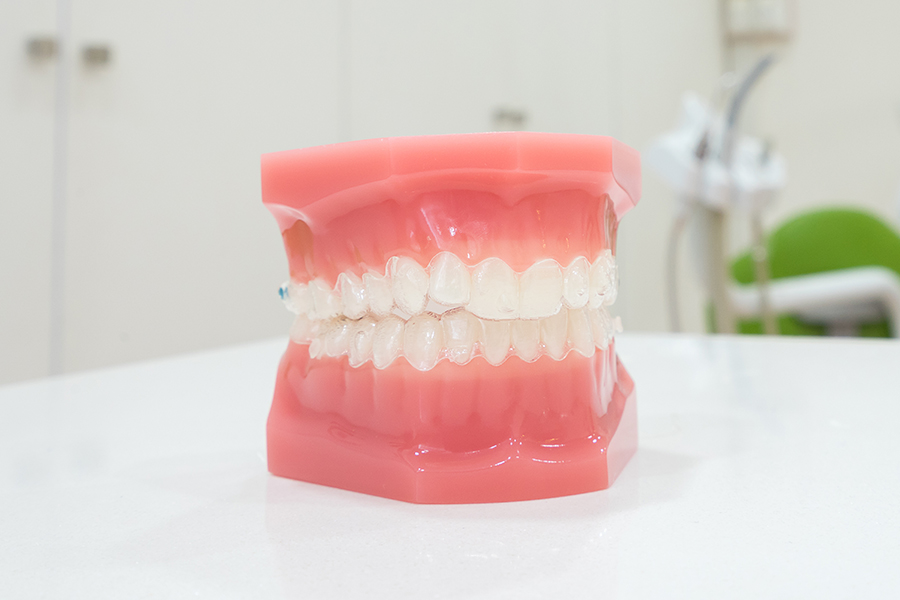Dementia Treatments

Figuring out exactly what condition is causing dementia can be difficult to determine. However, if your doctor successfully finds an underlying cause, treatment may be possible. While most types of dementia are not easily treatable, there are many medications and other options that can at least help manage the symptoms.
Thankfully, there are a few types of dementia that are caused by medical conditions that can be treated and even reversed. For these types of dementia, treatment will vary depending on what exactly is causing the condition. For example, if a B-12 deficiency is causing symptoms, then taking vitamin supplements can reverse the effects. Similarly, if hypothyroidism is the culprit, then taking thyroid hormones can be beneficial. Sometimes, a medication’s side effects can cause memory loss and confusion, so stopping or changing medications can reverse the effects. If a brain tumor is causing dementia-like symptoms, then surgery to remove the tumor can offer relief.
Medications
There are several medications that work to minimize the symptoms of dementia. The most common include:
- Memantine: The brand name of this drug is Namenda, and it regulates the chemical glutamate in the brain. This chemical helps with functions of learning and memory.
- Cholinesterase inhibitors: Typically, Namenda (memantine) is combined with a cholinesterase inhibitor medication in order to get the most beneficial results. Common cholisterase inhibitors include Aricept (donepezil), Exelon (rivastigmine), and Razadyne (galantamine). These medications work by boosting chemical levels that help with memory and judgment.
- Other: Other medications might be prescribed by your doctor to treat other symptoms of dementia that aren’t related to memory, such as sleep disorders or depression.
Therapy
Besides medications, certain therapies can also be very helpful for treating and managing some of the symptoms of dementia.
- Occupational therapy: After being diagnosed with a progressive form of dementia, it can be very beneficial to meet with therapists who are trained to help teach you how to adapt as your condition worsens.
- Pet therapy: Visits from animals such as dogs have been shown to promote positive moods and healthy behaviors in people with dementia.
- Aromatherapy: Certain plant oils have a fragrance that can be very soothing for dementia patients.
- Music therapy: Listening to soothing music can have the same calming effect as aromatherapy. Additionally, music from a person's youth can evoke powerful and positive emotions despite the mental barriers that dementia creates.
Caregivers
Progressive forms of dementia, such as Alzheimer’s, will get worse as time goes on. Therefore, the caregivers of people who are suffering from the condition will need to be able to adapt as the symptoms worsen. There are certain things that caregivers can do that will prevent situations from becoming overwhelming.
- Exercise: There is some research that suggests that physical exercise can slow the progression of impaired cognitive functions in people with dementia. Aside from that, though, exercise releases endorphins which create a calming effect in patients.
- Communication: Sometimes, a caregiver’s response to a certain behavior can actually make the situation worse. Correcting or quizzing someone with dementia will never be beneficial, and will only make their confusion worse. It is best to simply agree and reassure them in order to diffuse a potentially explosive situation.
- Nighttime rituals: Since behavioral symptoms will usually worsen at night, it is good to establish a regular routine during bedtime. If possible, try to limit caffeine during the day as well as daytime napping. Instead, try to keep patients as active as possible in order to better prevent nighttime restlessness.
- Thinking activities: Puzzles and games slow the mental decline in dementia patients. They also will keep patients occupied and content for a period of time.
- Keep a calendar: A calendar that includes important events, daily activities, and medication schedules can be good for helping patients to remember things on a daily basis.






